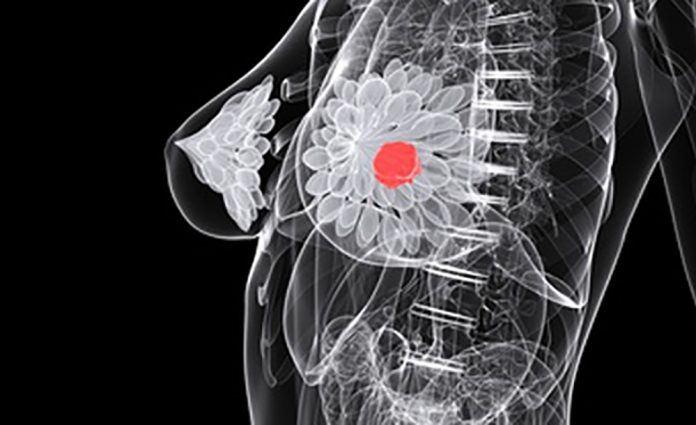
Research led by the University of Basel shows that the antioxidant and dietary supplement N-acetylcysteine could help combat a type of drug resistance in breast cancer.
The PI3K signaling pathway is commonly overactive in breast cancer patients due to genetic mutations. The approval of the PI3K inhibitor alpelisib by the FDA in 2019 to treat breast cancer was therefore welcomed. However, drug resistance is now proving a problem.
“Unfortunately, it turned out that the success of the medication is severely limited by resistance,” said lead investigator Mohamed Bentires-Alj, a professor at the University of Basel, in a press statement. “Hence, we urgently need to find out more about how resistance arises.”
Writing in the journal Cell Reports Medicine, the researchers explain that they were trying to find out how resistance against the PI3K inhibitor alpelisib arises in breast cancer cell lines and a patient-derived organoid model and unexpectedly discovered the beneficial properties of N-acetylcysteine.
They found that the NF1 protein helps suppress tumor growth and that mutations that switched off this gene, commonly found in metastases, caused drug resistance to alpelisib. “The absence of NF1 is the elephant in the room; it throws everything into disarray within the cell and hinders successful treatment,” said Bentires-Alj.
N-acetylcysteine is a derivative of the amino acid cysteine and a precursor to the antioxidant glutathione. It has long been used as a dietary supplement, but is also approved by the FDA to reduce toxicity in cases of acetaminophen overdose and is used to loosen thick mucus in respiratory disorders.
The team initially thought N-acetylcysteine would simulate loss of NF1, as it has a similar impact on cell metabolism, but actually it seemed to resensitize the cancer cells to alpelisib and even made the drug more effective than before.
This research is at an early stage and needs to be confirmed in further tests, but shows a lot of promise for breast cancer patients with resistance to alpelisib. “As N-acetylcysteine is a safe and widespread additive, this result is highly relevant for clinical research,” said Bentires-Alj.
“Our results raise the attractive possibility of combining PI3Kalpha inhibition with N-acetylcysteine supplementation, especially in patients with drug-resistant metastases associated with NF1 loss,” conclude the authors.













